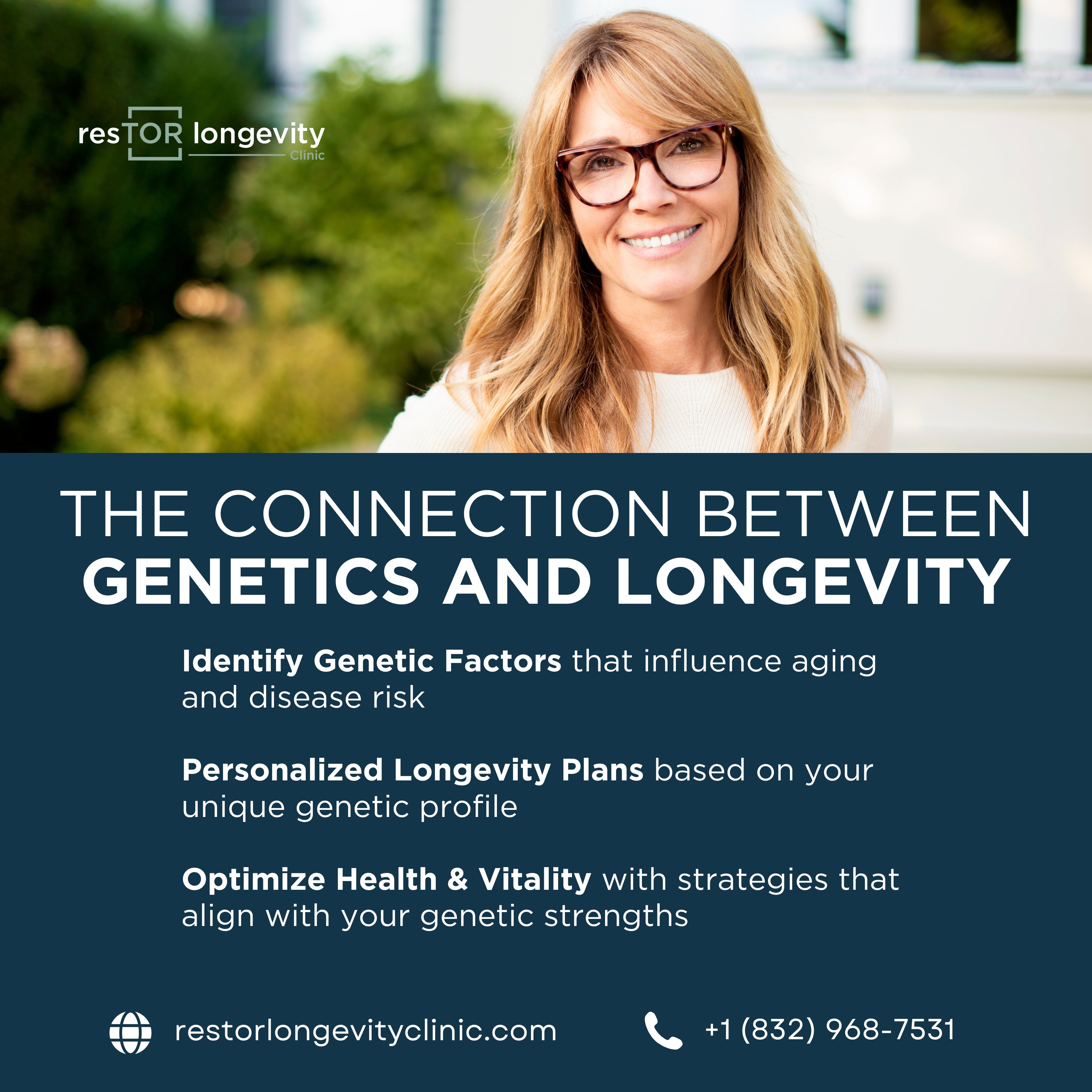Protect Your Brain Health—Before Symptoms Start
Neurodegenerative diseases, including Alzheimer's, Parkinson's, and other cognitive disorders, are becoming an increasing concern as the population ages. In the United States alone, approximately 8.4 million people are affected by some form of neurodegenerative disease, and the number is steadily rising. While advancements in treatment are being made, the most significant opportunity lies in prevention—catching these diseases before symptoms even appear. At resTOR Longevity Clinic, we take a proactive approach to brain health, offering services that assess genetic risk factors and family history to help identify individuals at high risk, long before the onset of symptoms.
Traditionally, the screening for neurodegenerative diseases begins only after symptoms like memory loss or motor dysfunction are evident. By the time these symptoms appear, the disease may already be in its early stages, making it more difficult to manage effectively. Memory loss, confusion, and difficulty with motor coordination often signal that irreversible damage has already occurred to the brain. This reactive approach limits the ability to intervene in a meaningful way to slow down or halt disease progression. However, by focusing on early detection through genetic testing and family history analysis, we can identify individuals who are at a higher risk of developing neurodegenerative diseases long before these symptoms begin to surface.
At resTOR Longevity Clinic, we believe in addressing brain health from a preventive perspective. By conducting genetic testing and analyzing family history, we can assess the likelihood of neurodegenerative diseases developing in the future. This approach allows us to identify those who may be at a higher genetic risk for conditions such as Alzheimer's, Parkinson's, and other cognitive disorders. Early identification of high-risk individuals is crucial because it allows us to intervene and create a personalized strategy to protect brain health for the future. Rather than waiting for symptoms to emerge, our goal is to prevent or delay the onset of disease altogether.
One of the key benefits of using genetic testing for brain health is that it provides valuable insights into a person’s unique genetic makeup. Certain genes are associated with an increased risk of neurodegenerative diseases, and by identifying these genetic markers, we can better understand an individual’s susceptibility to cognitive decline. For example, the APOE gene has been linked to an increased risk of Alzheimer’s disease. With genetic testing, we can detect these risk factors early, allowing us to take preventive measures to reduce the likelihood of disease onset.
In addition to genetic testing, we also take family history into account when assessing brain health risk. Many neurodegenerative diseases have a genetic component, meaning that a family history of these conditions can increase an individual’s risk. By gathering detailed information about family health history, we can further refine our risk assessments and gain a deeper understanding of a patient’s potential for developing these diseases. This personalized approach helps us to better predict risk and create tailored intervention plans for each individual.
The next step is creating personalized interventions designed to protect brain health. Once high-risk individuals have been identified, we develop a comprehensive strategy that includes a combination of lifestyle changes, lab testing, dietary recommendations, and exercise plans. These interventions are customized to the individual’s specific risk factors, with the goal of preventing or slowing the progression of neurodegenerative diseases. For example, certain lifestyle changes—such as improving sleep quality, managing stress, and adopting a brain-healthy diet—can have a significant impact on brain function and may help delay the onset of cognitive decline.
Regular lab testing also plays a crucial role in monitoring brain health and detecting early signs of trouble. Blood tests can provide valuable information about markers of inflammation, vitamin deficiencies, and hormonal imbalances that may contribute to cognitive decline. By staying on top of these indicators, we can make timely adjustments to a person’s treatment plan to protect their brain health over time.
Physical exercise is another powerful tool for preserving brain health. Research has shown that regular physical activity can help improve cognitive function, increase brain plasticity, and reduce the risk of neurodegenerative diseases. At resTOR Longevity Clinic, we work with patients to design personalized fitness plans that not only improve physical health but also support long-term brain health. Exercise has been shown to boost blood flow to the brain, reduce inflammation, and improve memory and cognitive function, all of which are essential for maintaining a healthy brain as we age.
By combining these elements—genetic testing, family history analysis, lab monitoring, diet, and exercise—we provide a comprehensive approach to brain health that helps prevent or delay the onset of neurodegenerative diseases. Our proactive approach ensures that patients are empowered with the knowledge and tools needed to protect their cognitive function and maintain brain health for the long term.
At resTOR Longevity Clinic, we are committed to helping individuals protect their brain health before symptoms appear. Early detection and personalized intervention are the keys to preserving cognitive function and reducing the risk of neurodegenerative diseases. By focusing on prevention and offering tailored strategies, we aim to ensure that patients not only live longer but also live healthier, with vibrant minds and clear cognition. If you are concerned about your brain health or have a family history of neurodegenerative diseases, take the first step today by reaching out to resTOR Longevity Clinic. Together, we can develop a personalized plan to safeguard your brain health for years to come.



